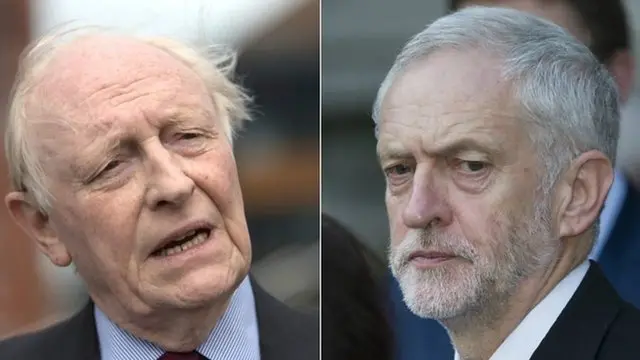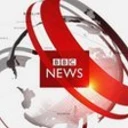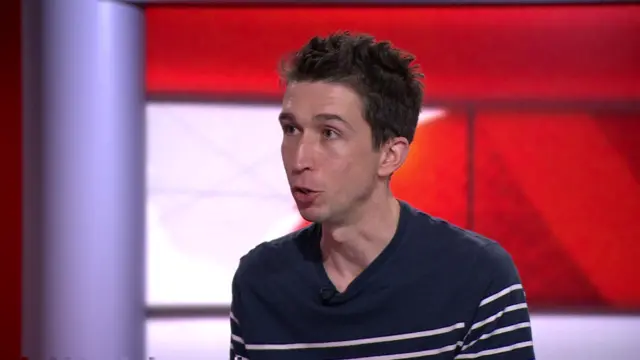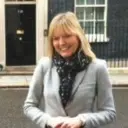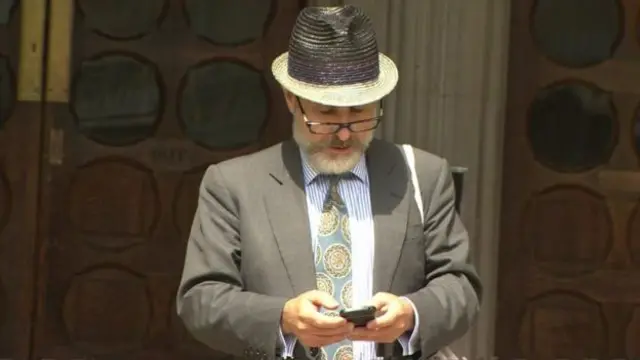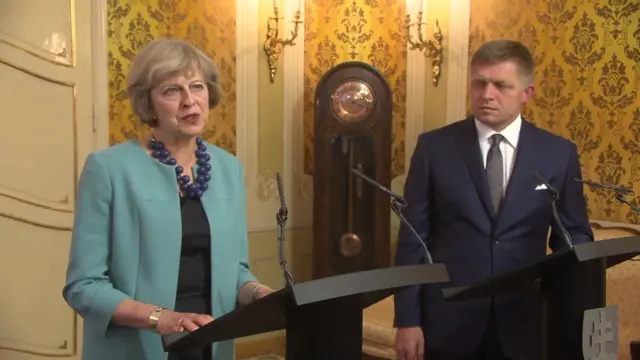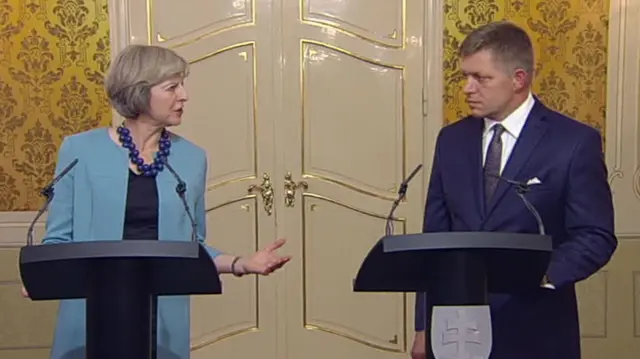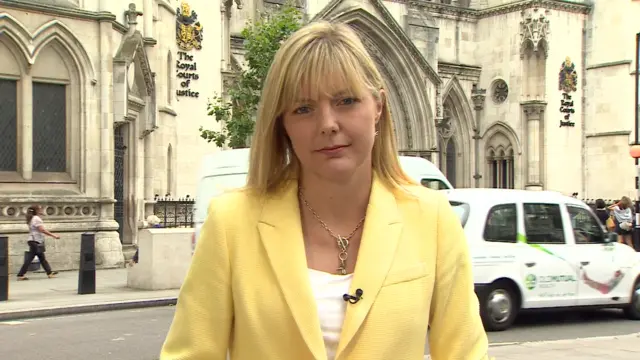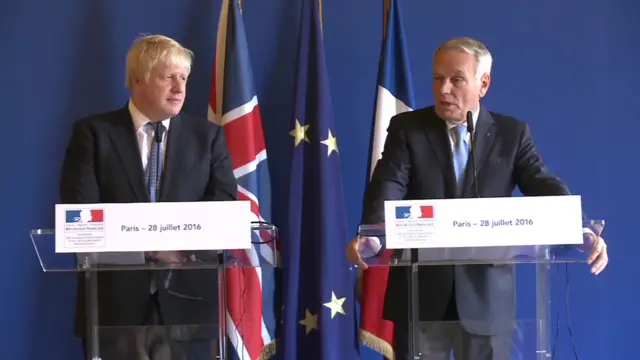Theresa May on free movement and the rights of EU citizens in the UKpublished at 15:46 BST 28 July 2016
 Carole Walker
Carole Walker
Political correspondent
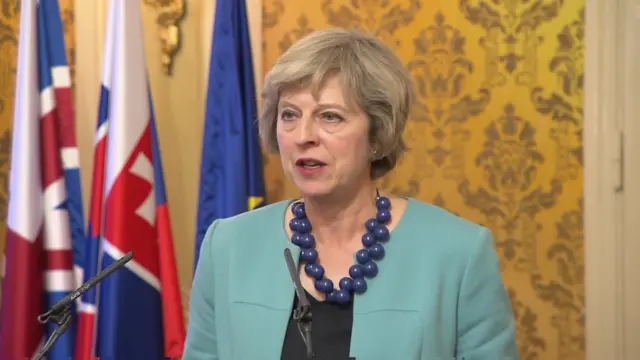
Prime Minister Theresa May has again said she wants to protect the rights of EU citizens in the UK, providing the rights of UK citizens in EU countries are also protected.
Speaking in Bratislava after meeting the Slovakian Prime Minister Robert Fico, she said: "I've been clear I expect to be able to guarantee and protect the rights of Slovak citizens and other EU citizens living in the UK and would intend to be able to protect those rights."
She said the only circumstances when that might not be possible would be "if the rights of British citizens living and working in other parts of EU not protected."
Mrs May said the two leaders had discussed the matter over lunch and "that concept of reciprocity is recognised". The PM said there had been a very clear message from the Brexit vote that people "did not want free movement to continue as it had done previously and do want some control over the movement of citizens from the EU to the UK".
She said "we will be looking to deliver that in our negotiations as well as looking for the best possible deal in trade and goods and services". She said she wanted to see "smooth and orderly" negotiations leading to a "smooth and orderly" exit from the EU and the maximum economic benefit for the UK when it has left.
